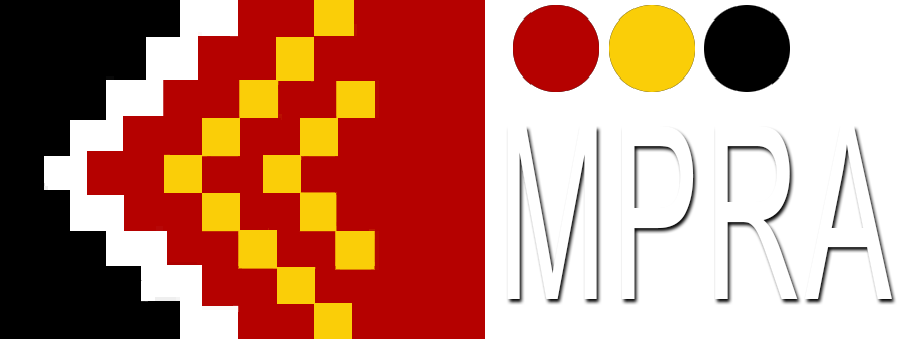Our History
Murdi Paaki Regional Assembly has a long and proud history of prosecuting a visionary agenda for regional autonomy and self-determination in the Murdi Paaki Region. Through a succession of regional planning instruments, and our ever-evolving relationships with governments, NGOs and other partners, we have sought to assert our sovereign rights as First Nations peoples of Australia and to have our aspirations for jurisdiction within our own country recognised, respected and resourced.
MPRA is the incarnation of an innovative project which commenced in the Murdi Paaki Region over twenty years ago with the establishment of the first Community Working Parties. The CWPs were initially envisaged as broadly representative bodies which would guide and govern the delivery of major capital works projects in selected communities. As time passed, and as more CWPs came into being across the region, their sphere of interest expanded and, with it, their role as the peak representative body in each community.
Of critical importance is the fact that the CWPs were spontaneous outgrowths of community aspirations for governance and self-determination, and have never been available for cooption to serve sectional interests or external agendas.
MPRA itself is unique among Aboriginal representative structures in that it represents a logical, orderly evolution of representation following the abolition of the ATSIC Murdi Paaki Regional Council in 2004. The planning forum established by the Regional Council was reconstituted as Murdi Paaki Regional Assembly in 2004 and, in 2005, transitioned seamlessly into the roles formerly undertaken by Regional Council.
The Indigenous representative institutions of the Murdi Paaki Region bring to their current roles collective experience accumulated over an unbroken period of over twenty years of stable, principled and legitimate democratic leadership. MPRA has evolved to a culturally and geographically specific model representative of community aspirations for participation, representation and jurisdiction.
We do not represent community members merely as passive consumers of services but as active citizens seizing every possible opportunity to participate in civic society. MPRA is signatory to a Local Decision Making Accord (LDM) with the NSW Government, but has no current, formal instrument of agreement with the Australian Government. Negotiations are continuing with the Department of Prime Minister and Cabinet with a view to execution of a Regional Framework Agreement in the near future. These instruments are the most recent in a succession of agreements with governments executed over a twenty year timeframe.
Throughout this period, MPRA and the CWPs have proven over and over again our capacity to identify and articulate the issues our communities contend with and to devise and advocate for specific initiatives to address these issues. We will continue to do so and, in the process, will advance the cause of our people in our aspiration to shape our own collective destiny.

